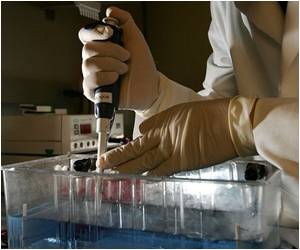Researchers have discovered that high levels of a blood protein called galectin-3 increases the risk of heart attacks, cancer.
Researchers have discovered that high levels of a blood protein called galectin-3 increases the risk of heart attacks, cancer.
Isaac Eliaz, M.D., who outlined the scientific case against galectin-3, said a new galectin-3 blood test approved by the U.S. Food and Drug Administration can be useful in determining the risk and prognosis of numerous diseases. His presentation also included evidence that modified citrus pectin, produced from the white pulp inside orange peel and other citrus fruit, can bind and block excess galectin-3 activity.
The body cannot absorb natural citrus pectin, which passes through the GI tract undigested, Eliaz explained. Modification permits its absorption into the blood, where it blocks the negative effects of galectin-3, he added.
Eliaz said his conclusions were based on evidence from clinical trials involving close to 8,000 people.
Source-Eurekalert















